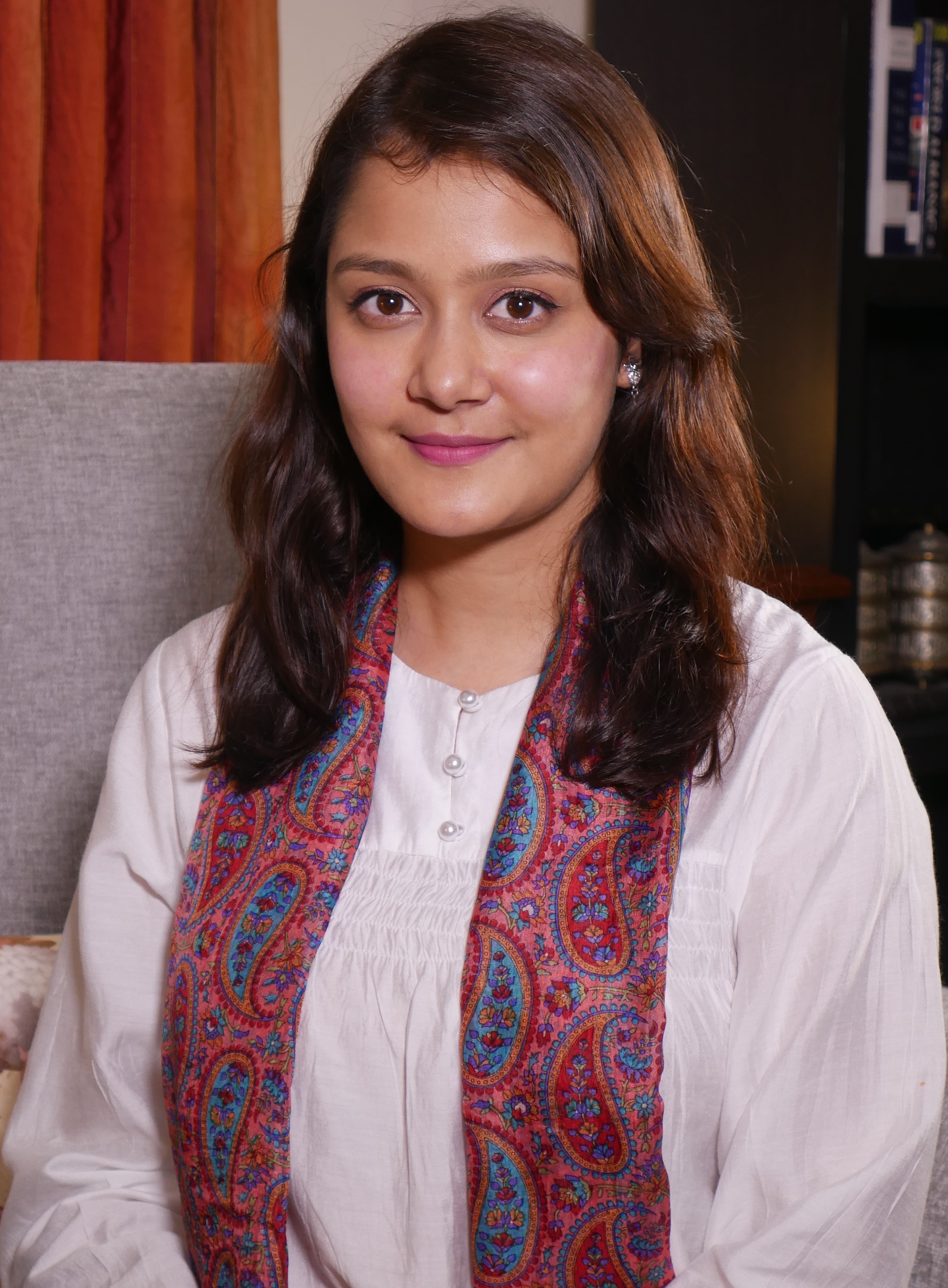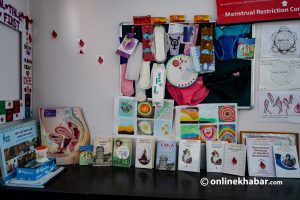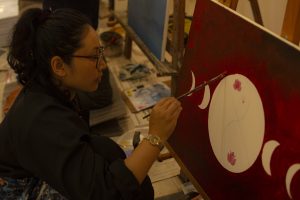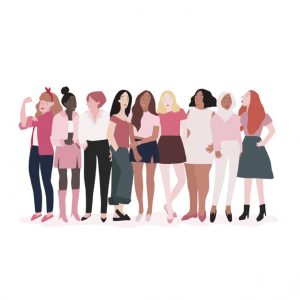
Menstruation, a fundamental aspect of human biology, remains an uncomfortable topic for many. It’s a subject often wrapped in cultural taboos and hushed conversations, leaving countless individuals unprepared and anxious when they first experience it.
But why should something so natural be met with fear and confusion? The answer lies in the silence that surrounds it. Open, honest discussions about menstruation are not just important-they are essential. They help demystify the experience, provide necessary education, and empower individuals to embrace this natural process with confidence rather than fear.
Ramila, aged 24 shares her experience about her first period.
A scary discovery
I spent the holidays at my grandparents’ house, soaking up all the love and attention that came with being the only granddaughter. After six long months away, being with my grandparents felt like a warm hug. As evening turned into night, my grandparents went to bed early, and I followed suit, snuggling up beside my grandmother.
I went downstairs to use the bathroom before bed. Normally, I’d watch for spiders and lizards because of our large garden, but this time, something else caught my attention. To my horror, I saw blood on my underwear. My heart raced. All I could think was that my life was ending. Would I die without seeing my mother and family again? The flood of thoughts left me paralyzed.
Should it have been scary? No. Was it scary? Yes. Why? Because of a lack of information.
Had I not reached out to my mom, my fear and confusion might have spiralled out of control. Not knowing what was happening could have led to prolonged anxiety and unnecessary distress. Understanding menstruation as a normal part of life helps prevent these fears and supports mental well-being.
Feeling scared and alone, I finally mustered the courage to call my mom. I was crying so hard, that I could barely explain why. I told her I thought I was dying because of the blood in my underwear. My mom, concerned, quickly got in touch with my grandmother. I overheard them discussing my situation, and my grandmother confirmed that I had just started my period.
My mom reassured me over the phone that everything was okay and that she would come first thing in the morning. In the meantime, my grandmother found a makeshift solution with a belt and some cloth to manage my period. With that in place, I finally managed to get some sleep, relieved that I wasn’t facing a life-threatening condition.
Should it have caused panic? No. Did it cause panic? Yes. Why? Because of insufficient knowledge.
Having accurate information and reassurance during moments of fear is crucial. My mom’s support and the eventual understanding of what menstruation was eased my anxiety. Everyone needs to have access to clear and accurate information about their bodies to manage such transitions confidently.
The next morning, my mom arrived with a pad, which initially felt strange and uncomfortable. For a few days, I used the pad with only its wings, not realizing that there was a sticky layer meant to hold it in place. After a few days of awkwardness and laughter over our mistake, we figured out how to use the pad correctly. The humour in our discovery made the process more comfortable.
Interestingly, my mother had never used pads herself. She had always used cloth, like many women in our family. Watching me use pads eventually inspired her to switch to them as well.
Should it have been confusing? No. Was it confusing? Yes. Why? Because of a lack of information.
Understanding and adapting to menstrual products is a part of learning about and managing menstruation. Having accurate information helps in making informed choices and managing comfort. When people see others adapting to new methods, it can influence and encourage positive changes in their own practices.
Even fifteen years later, I vividly remember that night and the emotions I felt. Despite having health classes at school and knowing about menstruation, the practical understanding of it as a normal part of life was missing. This experience highlighted how crucial it is to have open discussions about menstruation and bodily changes.
Should it be seen as a normal part of life? Yes. Was it seen as normal? No. Why? Because of a lack of information.
Ramila is not just one person; she is you, she is me, she is countless young girls out there who have no clue what is happening to them. Her story is a reflection of the shared experiences of many, all of whom face the same confusion and fear due to a lack of information and open conversations about menstruation.
Open conversations about menstruation and education about it are essential. They help break down stigma and provide necessary information that helps individuals feel more comfortable and informed about their bodies. For those who lack family support, school and friends become vital sources of knowledge. Talking about menstruation openly ensures that everyone understands and accepts this natural process. By sharing experiences and fostering open dialogue, we can create a supportive environment where menstruation is seen as a normal part of life, not something to be feared or avoided. It’s about empowering people with knowledge and confidence, making transitions through life’s changes smoother and less intimidating.























